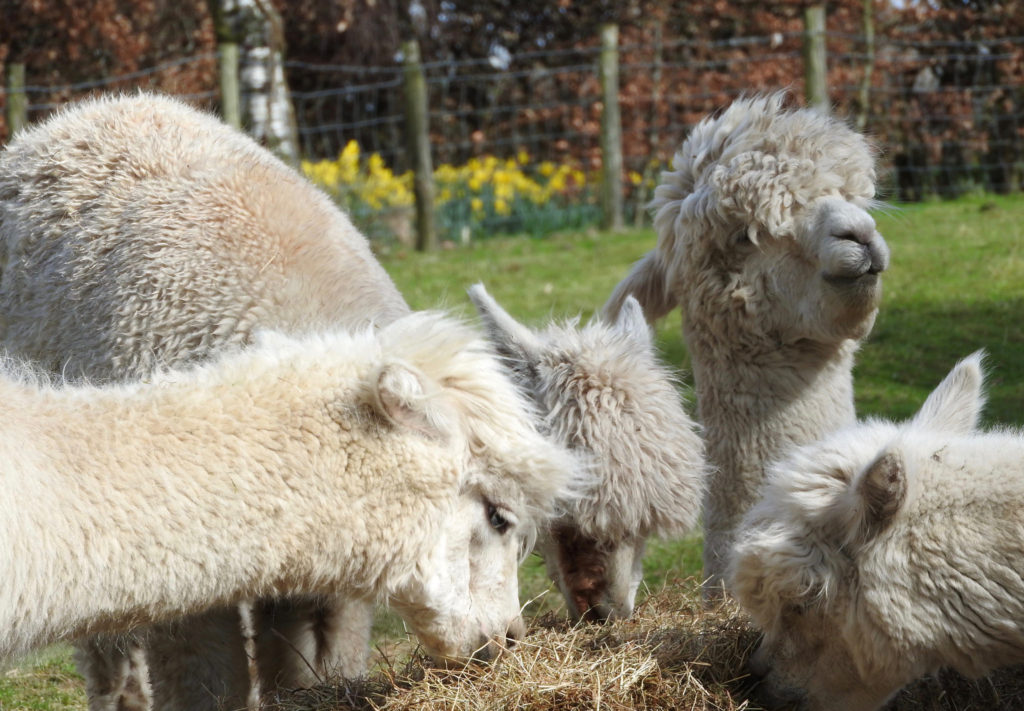Under current Virginia law, dogs and other domesticated animals can have charges levied on them and their owners if they attack, injure, or kill farm animals. There is, however, one caveat if such a situation were to happen – if an animal is not classified as “livestock” under the Virginia Code, charges cannot be filed.
In October 2018, WAVY reported on an instance when two dogs attacked and injured three alpacas in James City County, Virginia. The owners of the small alpaca farm where the attack occurred were distressed that the charges against the owner of the dogs were dismissed. Though, law enforcement officials hit a brick wall because alpacas are not considered livestock in the Commonwealth.
Months later, the James City County Board of Supervisors unanimously passed a resolution asking the Virginia General Assembly to add alpacas to the livestock category. Three weeks into the 46-day session on Bank Street in Richmond, lawmakers have widely accepted the proposed change, and are set to pass a law allow alpacas legal protections granted to Virginia livestock.
H.B. 2689, sponsored by Delegate Brenda Pogge (R-James City County) and Delegate Mike Mullin (D-Williamsburg), would alter the definition of livestock to include the fuzzy, long-necked animals.
According to the bill, “Livestock” will include “all domestic or domesticated: bovine animals; equine animals; ovine animals; porcine animals; cervidae animals; capradae animals; animals of the genus Lama or Vicugna; ratites; fish or shellfish in aquaculture facilities, as defined in § 3.2-2600; enclosed domesticated rabbits or hares raised for human food or fiber; or any other individual animal specifically raised for food or fiber, except companion animals.”
The change allows the genus Vicugna – which distinguishes llamas from alpacas – to be protected under laws governing livestock in the Commonwealth.
Senate Majority Leader Tommy Norment (R-James City County) has sponsored the bill in the upper chamber of the General Assembly.
Last week, the legislation passed through the House Agriculture Committee by a 22-0 vote. On Tuesday afternoon, it passed a floor vote in the House 99-0, and will now be deliberated and voted on by the Senate.

